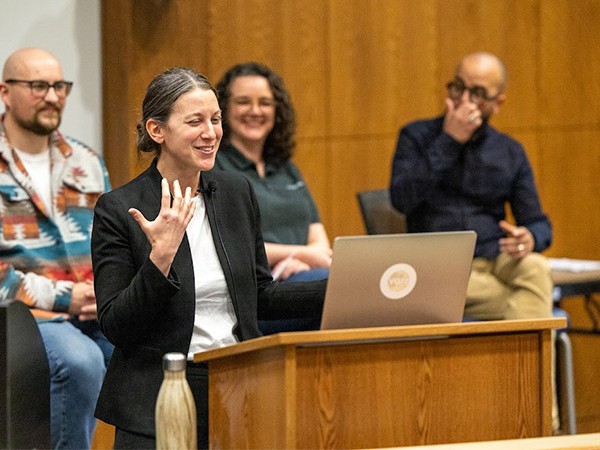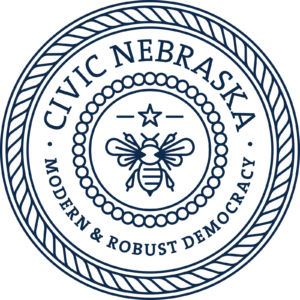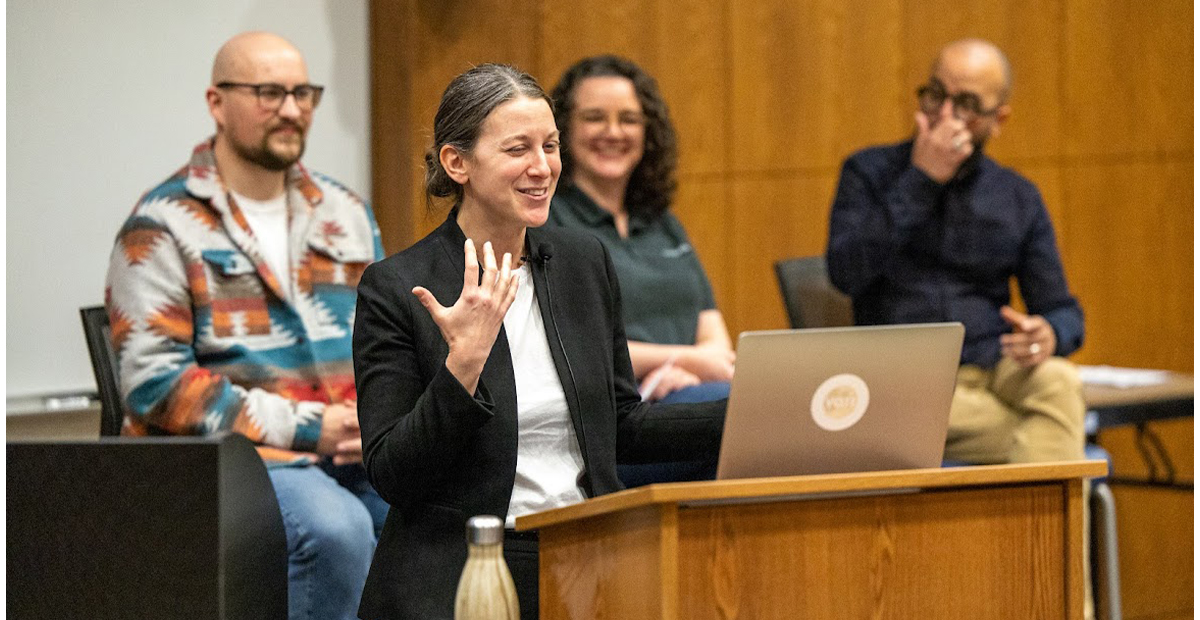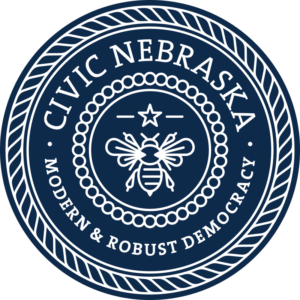 For more than a year, our Civic Health Program’s civil discourse initiative has employed a movie from Resetting the Table called PURPLE. This short film tells the story of Americans with opposing viewpoints investigating their differences and discovering the concerns and experiences that lie behind each other’s positions.
For more than a year, our Civic Health Program’s civil discourse initiative has employed a movie from Resetting the Table called PURPLE. This short film tells the story of Americans with opposing viewpoints investigating their differences and discovering the concerns and experiences that lie behind each other’s positions.
We’ve offered several virtual screenings, along with post-screening discussions, to offer a structured opportunity to capture the thinking of the core characters on their own terms, as well as to explore the value of doing so for our democracy.
For the last several months, I’ve been preparing for a two-session civil discourse class for the Osher Lifelong Learning Institute, or OLLI. With the support and guidance of the OLLI curriculum co-chair – who also happened to be my first journalism professor during my college days – we crafted two sessions to share practical tips and personal experiences around creating civil discourse spaces.
During the first session, we watched PURPLE and had a great discussion, reflecting on the way each subject shared their experiences and had respectful conversations. At the end of the session, one popular question came: Has anyone actually done this in real life … and been successful?
We knew then that our second OLLI session needed to demonstrate real-life civil discourse conversations. So last week, three community members joined us and shared how they have put politics aside to rekindle friendships, or have gathered with those of different backgrounds and ideologies to have meaningful discussions.
One panelist shared how she met up with a friend from high school over coffee because their interactions over social media were argumentative and confrontational: They didn’t solve anything and they didn’t convince the other person that they were right. But in person, they did see the humanity in one another and were reminded of the importance of getting out from behind their screens.
 Another panelist talked about moving back to his small town of Fullerton and how using civil discourse and open communication is important in his role as a city administrator. He uses this approach to make Fullerton a more welcoming, more active, and more transparent community.
Another panelist talked about moving back to his small town of Fullerton and how using civil discourse and open communication is important in his role as a city administrator. He uses this approach to make Fullerton a more welcoming, more active, and more transparent community.
He shared about the interactions he has with the parents of the friends he grew up with and how crucial it is to consider the language we use when having hard conversations. He may not hold the same beliefs as the people he works with or other residents in his town, but this is where his family has a history and it’s where he calls home.
Our third panelist talked about seeing humanity and dignity in others. So often, out of our own anxieties and fears, we can dehumanize others, but that goes away when we get back to a shared community and simply being together. He discussed things like sharing meals, volunteering, and attending community events.
It’s in community where transformation happens. No labels, no titles, no assumptions. When we aren’t fixated on each other’s political ideology or assuming the values or beliefs of others, we get along and might even get some things done in the process.
We might not have all the answers on how to bridge divides and have tough conversations. But we did agree that we have to bring people together. We have to be willing to listen and see each other’s humanity. We have to stop trying to prove one another wrong and focus on what matters most: valuing the skills and gifts we each hold that contribute to our shared community.
This was one of those days when I was reminded why Civic Nebraska does our Civic Health work. The conversation left me, the 50 or so in-person and virtual attendees, and the panelists feeling hopeful and inspired.
We know there’s more work to do, more experiences to share, and more conversations to be had. It’s not going to be immediate. This is long-term work. But it’s never too late to get started.
– Nancy Petitto, Director of Civic Health Programs



